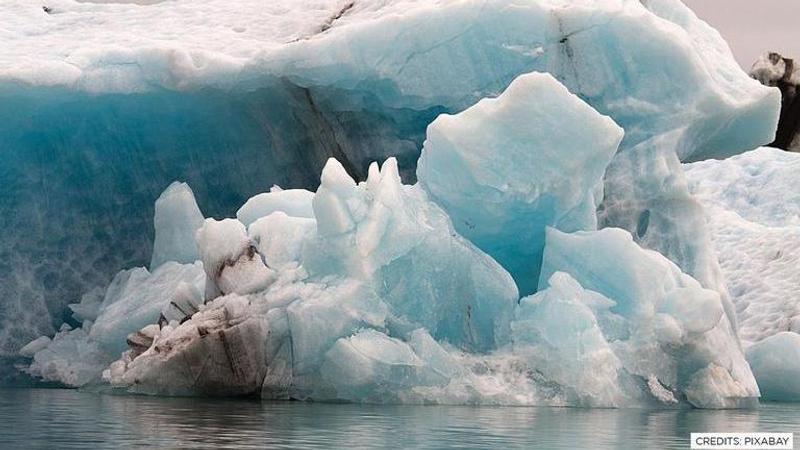Published 08:38 IST, June 1st 2021
Iceland lost around 7% of the country's glacier landmass, can disappear entirely by 2200
Surface of Iceland's glaciers lost around 750 square kilometers (290 square miles), or seven percent due to global warming. It can disappear entirely by 2200.

Owing to the major issue of global warming, the surface of Iceland's glaciers has lost around 750 square kilometers (290 square miles), or seven percent. A study published in a scientific journal, Jokull on Monday showed that the glaciers, which cover more than 10 percent of the country's landmass, reduced in 2019 to 10,400 square kilometers, reported phys.org.
The land covered by glaciers has decreased by almost 2,200 square kilometers or 18 percent since 1890. However, the onset of 2000 has played a major role in the decline as almost a third of the loss was witnessed during this time. The calculations were made by experts including glaciologists, geologists, and geophysicists. Keeping the current status in mind, professionals have warned that glaciers are at risk of disappearing entirely by 2200. The ice's withdrawal over the past two decades is almost equivalent to the total surface area of Hofsjokull, Iceland's third-biggest ice cap at 810 square kilometers.
A clear result of climate change
The authors of the study have opined that variations in the glacier-area of Iceland since around 1890 show a clear response to climate change. According to the study, the glacier has been rather synchronous over the country, although surges and subglacial volcanic activity influence the position of some glacier margins.
In 2014, glaciologists had removed Okjokull from its glacier status as it was found that it was made up of dead ice and was no longer moving as glaciers do.
Global sea level rise
As the world is currently battling with the scare of climate change and pandemic, it needs to be highlighted that nearly all of the world's 220,000 glaciers are losing mass at an escalating pace, adding to more than a fifth of global sea-level rise this century, according to a study published in Nature in April. A data from images taken by NASA's Terra satellite, experts found that between 2000-2019, the world's glaciers lost an average of 267 billion tons of ice each year. The findings are expected to be mentioned in the forthcoming assessment report from the United Nations' Intergovernmental Panel on Climate Change due in 2022.
Updated 08:38 IST, June 1st 2021




